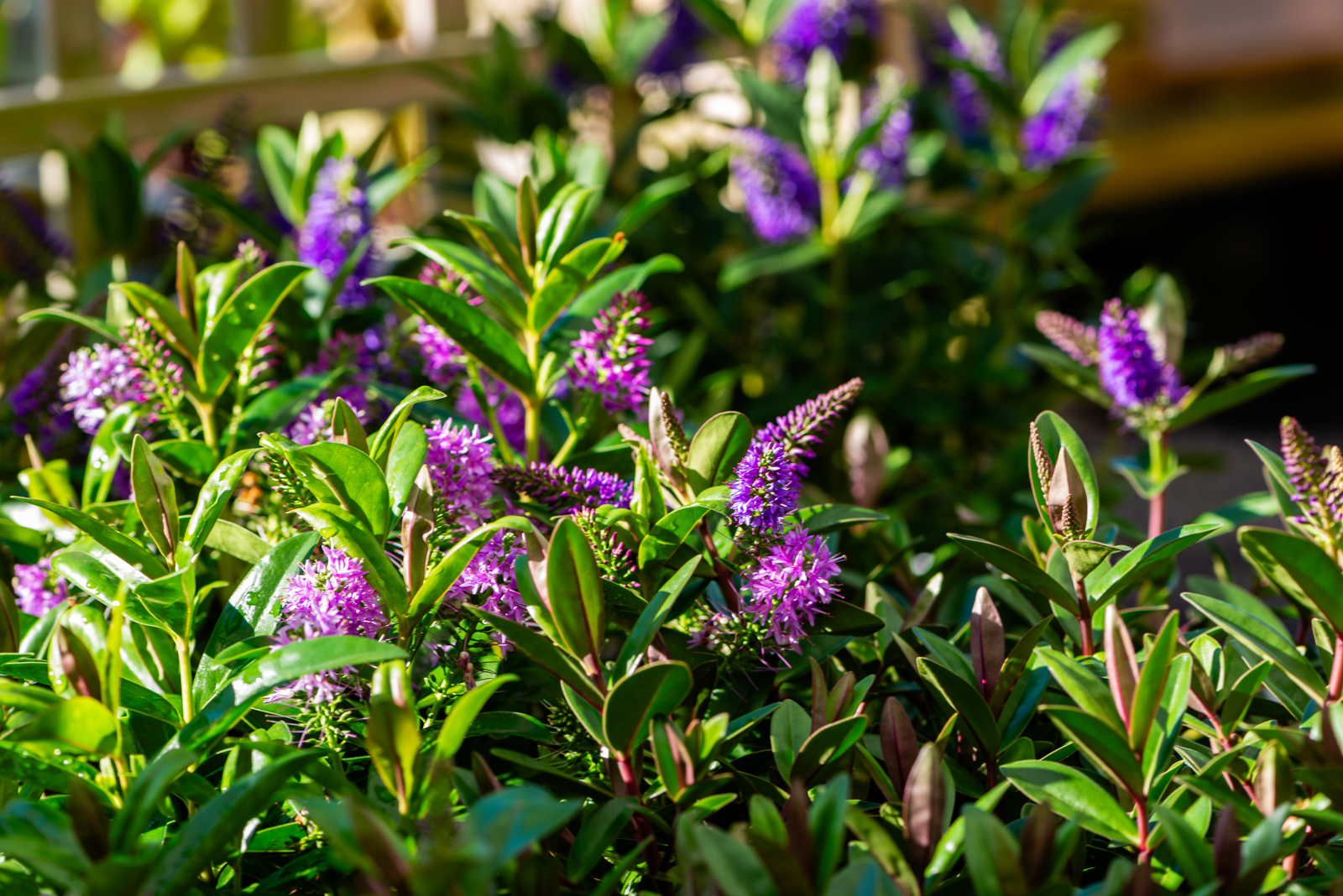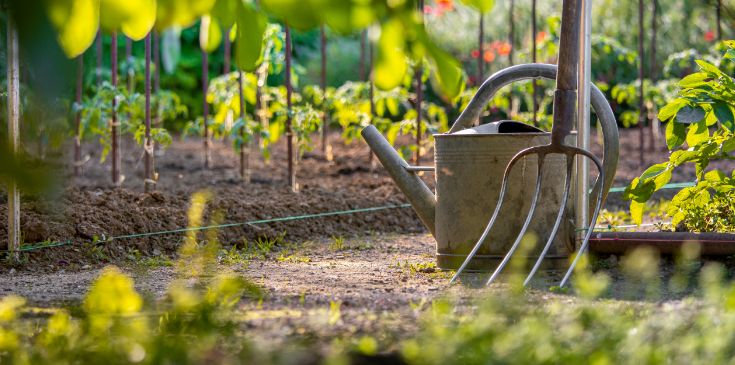Your cart is currently empty!
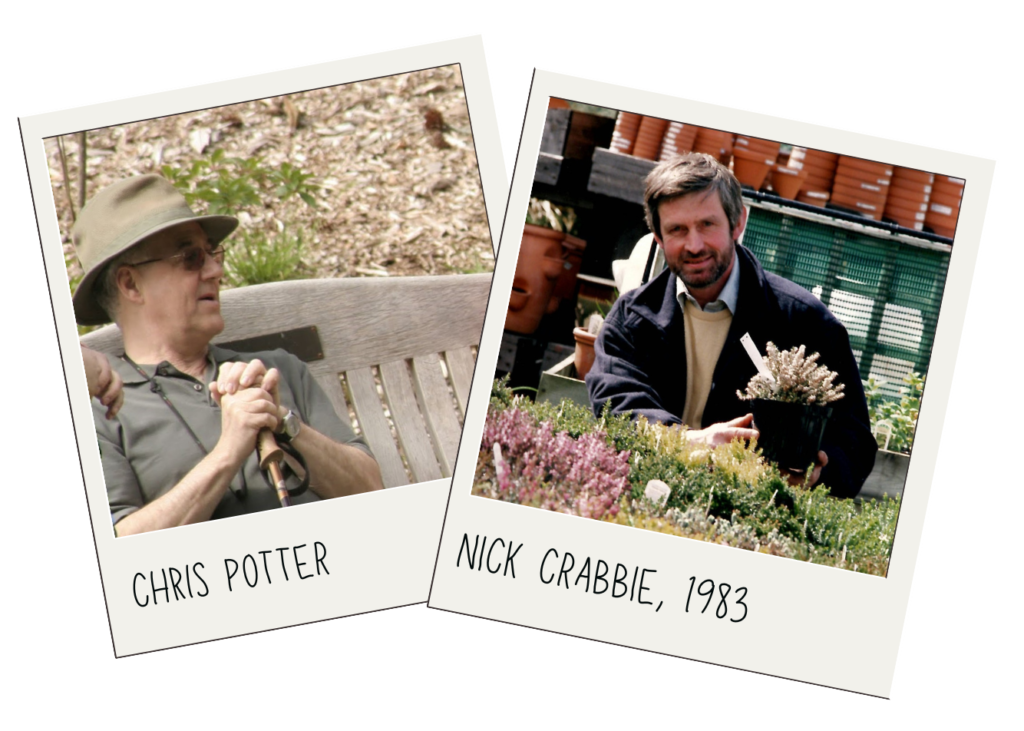
Back in the early 1980s two friends, Chris Potter and Nick Crabbie, were looking to diversify their interests. Chris was a television journalist producing an agricultural program for Tyne Tees TV and Nick was (and still is) a farmer on the rugged, Berwickshire clifftops.
After many late-night, well-lubricated, conversations they decided that Berwick-upon-Tweed was lacking in garden retail facilities. During a prolonged strike of the TV company, Chris, a keen gardener who had been strongly influenced by his mother who had a wonderful garden in the Lake District, decided to start taking shrub cuttings. Chris and Nick scoured the area for a suitable site. Eventually, they settled on the walled garden of Ford Castle in rural Northumberland. It was decided that Chris would manage the nursery side of the business, called Northumbria Nurseries, whilst Nick would investigate setting up a retail site in Berwick-upon-Tweed.

Once the strike was called off, Chris soon realised that he had taken so many cuttings that he couldn’t possibly grow them all on without extra help, so an employee was engaged. Meanwhile Nick, after consultation with the head of local planning (who happened to be a keen gardener), rented a three-acre site owned by Berwick Borough Council. The land had a small, artificial pond within it that had been formerly used for pumping water for the steam trains running between Berwick and Coldstream. This branch line had closed in 1964 when the Council took over the maintenance of the vacant land. Thus the proposed garden centre provided an alternative use and income source for the Council so a deal was struck.
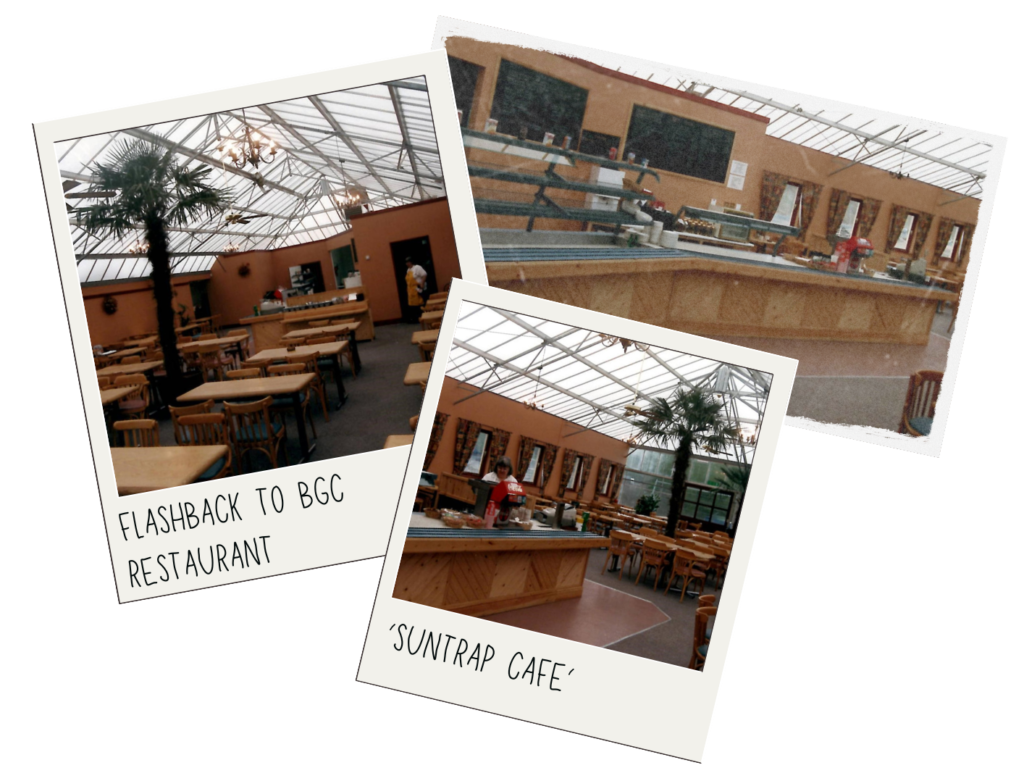
A single, small glasshouse was built together with some plant display beds and Berwick Garden Centre opened to its first customers in March 1983. The initial costs were £25,000 with a loan being secured using Nick’s farm as security. At that stage the A1 by-pass of Berwick-upon-Tweed had not yet been constructed. However, it had been foreseen that the entrance to the garden centre would be just 30 meters from a new roundabout on the trunk road and trade increased when this opened later the same year. It soon became apparent that varied demand for plants that could be supplied by Northumbria Nurseries far outstripped supply and there was also a need for a wide range of gardening sundries. In fact, at that stage of early development, the rule of thumb was that 40% of total sales were plants but 60% of sales were horticultural sundries.

At the outset there was only one fulltime employee and one part timer. Having survived the usual tricky first years of any new small business, it was decided that some outside investment was needed to expand the enterprise. The building was becoming far too small to satisfy growing demand; the office was a garden shed and the only toilet was in another 6ft by 4ft wooden shed! Nick gave a presentation to some business entrepreneurs in Newcastle-upon-Tyne and an investor was found who made funds available immediately. The result was better facilities all round including the first catering option in the form of the “Suntrap Café”. This had around 40 covers inside and a few more in a sheltered, sunny patio. The site was purchased from the Council.
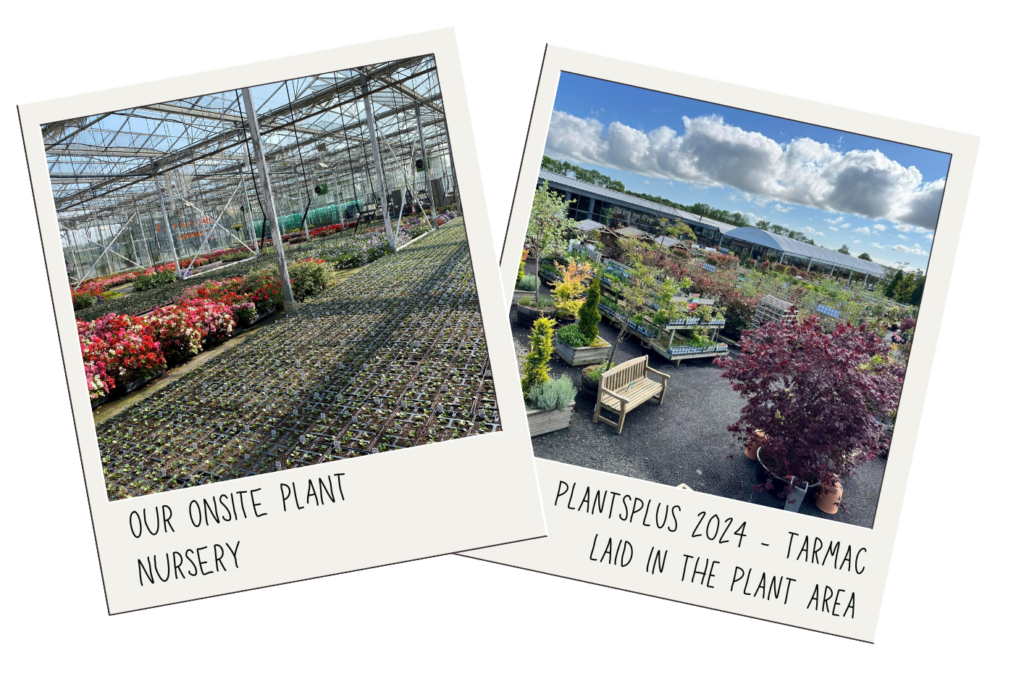
By this time Chris had developed the horticultural growing side and was wholesaling plants to many garden centres in Scotland and the north of England. It had previously been decided that the two businesses would be managed separately and Chris went on to run three, separate, retail nurseries whilst continuing to wholesale plants as well as continuing his journalistic career. He maintained a keen interest and a shareholding in Berwick Garden Centre until his sad death in 2018.
The development of the café at Berwick Garden Centre was followed by more building extensions and the in-filling of the pond was achieved by the levelling of an embankment to provide both more retail area and car parking spaces. A larger café was built to satisfy growing demand and most of the glazing within the original glasshouse was replaced with insulated roofing. Subsequently, the investment capital was repaid but the entrepreneur was asked to stay on as a minority shareholder due to his business experience. Further buildings were added over the years and a third, new restaurant was built to allow more retail space.
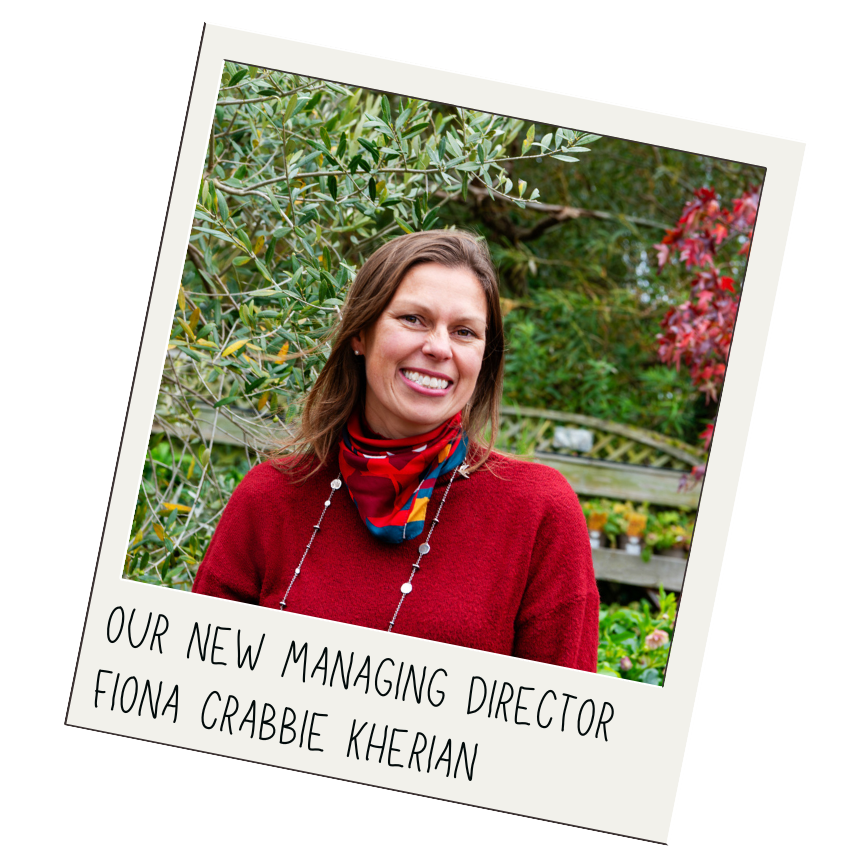
Since the sites are semi-rural it was decided at the outset for them all to offer diversity to allow year-round employment. Consequently, although the group has plants at the forefront of its offering, included at all sites are departments for pets, gifts, clothing, farm shops and, of course, restaurants. This allows for a fairly steady year-round total workforce of around 170 employees. All three garden centres are involved with the local community through charity support, children’s events and musical performances.
Fiona Crabbie Kherian, Nick’s daughter, is the new Managing Director of the company having been tempted back to the UK after 13 years in Norway latterly managing project managers for a large marine engineering company. It will be a new challenge for her and her young family to adapt to very different surroundings and lifestyles. But hopefully, that old salt, Nick Crabbie, will be around for a few more years in his role as company chairman, to provide experience and support if needed.
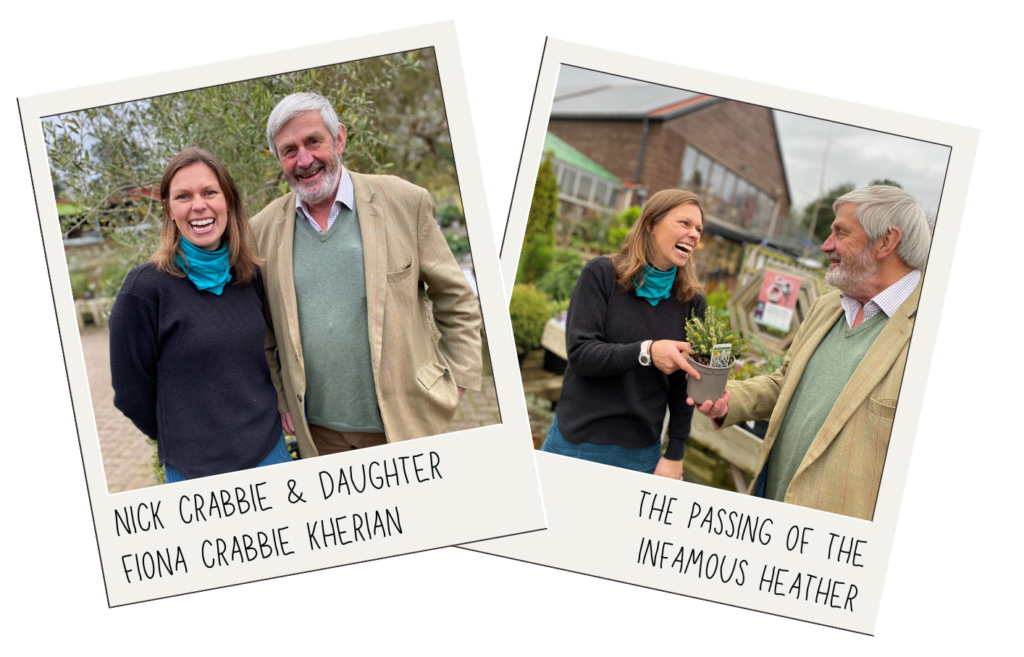
Unlike some other groups, this operation is fiercely independent and each garden centre is allowed to develop along different lines allowing managers more individual control. Further expansion is often considered but will be limited to this exceptional, geographic area.

